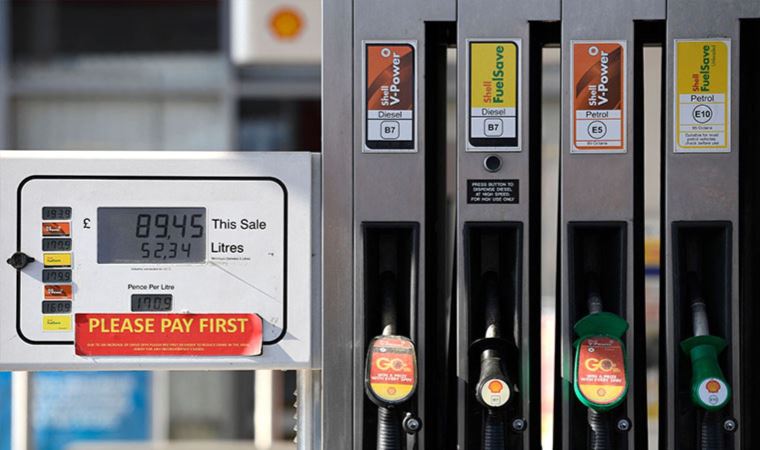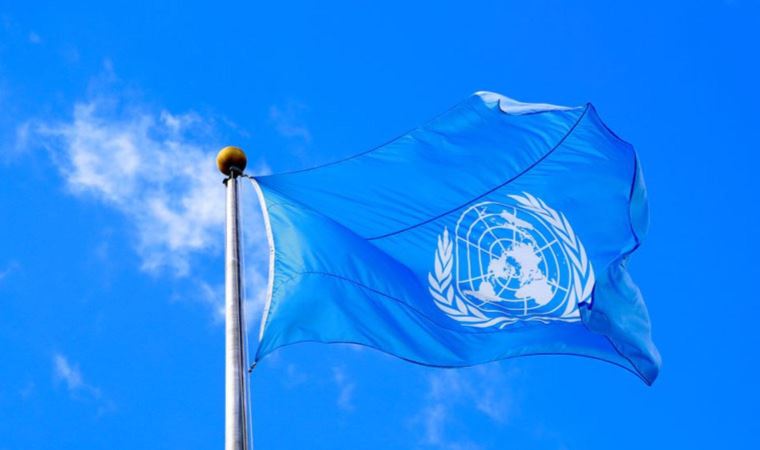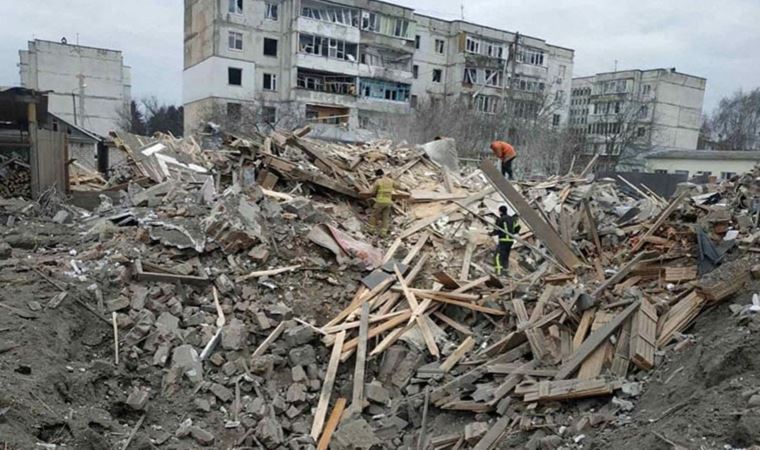Russian threat to cut off gas supplies hits oil prices
The oil price remained at levels last reached 14 years ago this morning after Russia threatened to cut off gas to Europe if western nations imposed sanctions on exports.

Brent crude was trading about $127 a barrel after Alexander Novak, the Russian deputy prime minister, raised the possibility of cutting off supplies for the first time. “We have every right to take a matching decision and impose an embargo on gas pumping through the Nord Stream 1 gas pipeline,” he said.
Novak said that oil prices could surpass $300 if the US and EU banned imports from Russia. He said it would take Europe more than a year to replace the volume of oil that it receives from Russia and it would have to pay significantly higher prices. The EU gets about 40 per cent of its gas and 30 per cent of its oil from Russia, according to the International Energy Agency.
Trading in Brent crude has been volatile since the United States said it was in “active discussions” with European countries about a ban on Russian oil imports. The price rose to a 14-year high of $139 a barrel yesterday but fell back to $123 last night after Germany — heavily dependent on Russia for its energy — rejected such an embargo.
'EUROPE EXEMPTED ENERGY SUPPLIES FROM RUSSIA FROM SANCTIONS'
Olaf Scholz, the German chancellor, said: “Europe has deliberately exempted energy supplies from Russia from sanctions. At the moment, Europe’s supply of energy for heat generation, mobility, power supply and industry cannot be secured in any other way. It is therefore of essential importance for the provision of public services and the daily lives of our citizens.”
An EU summit this week will consider a plan to cut energy imports from Russia by at least two thirds before next year. Given the reliance on Russian energy, it is not clear what the next steps will be.
Wopke Hoekstra, the Dutch foreign minister, said: “It’s extremely important to take into account the position of all our European allies, some of them are much more dependent on oil and gas.”
UK benchmark gas prices fell 7 per cent to 500p a therm this morning. This was well below the record of 800p a therm hit yesterday but much higher than the 40p a term being asked for a year ago.
The FTSE 100, the UK’s benchmark share index, rose 52 points, or 0.7 per cent, to 7,009.12 as high commodity prices stoked concern over the prospect of a stagflationary shock. Yesterday it closed down 0.4 per cent at 6,959.48 after dropping 3 per cent at the open and slipping below 6,800 for the first time in almost a year in volatile trading.
Germany’s Dax was 0.8 per cent higher after a 2 per cent fall yesterday and remains close to bear market territory - a fall of 20 per cent from its recent high. France’s Cac 40, which had closed down 1.3 per cent, rose 1.4 per cent.
Asian markets extended falls this morning after US stock markets fell overnight. Japan’s Nikkei closed down 1.7 per cent. On Wall Street, the S&P 500 suffered its worst day since October 2020, down 3 per cent to 4,201.09. The technology-focused Nasdaq composite entered a bear market and The Dow Jones industrial average entered correction territory, losing 2.4 per cent to 32,817.38, down 11 per cent from its January peak.
COMMODITY PRICES HEIGHTENED
Commodity prices rose across the board on heightened concerns surrounding the conflict and its impact on supply. The London Metal Exchange, which introduced special measures across markets yesterday “to maintain market orderliness”, suspended the trading of nickel for at least the rest of the day after prices more than doubled a record $100,000 a tonne. Russia is the third-largest producer of nickel, which is used in stainless steel and lithium-ion batteries.
Palladium, of which Russia accounts for about 40 per cent of global production, was up 4 per cent at $3,015 an ounce, down from a record peak of $3,440 an ounce yesterday.
Investors continued to take cover in safe-haven assets. Gold, which broke above $2,000 an ounce for the first time since August 2020 yesterday, was trading $2,005 an ounce.
Yields on 10-year UK government bonds rose to 1.3 per cent as traders continued to weigh the prospect of near-term interest rate rises against the possibility of slower economic growth.



